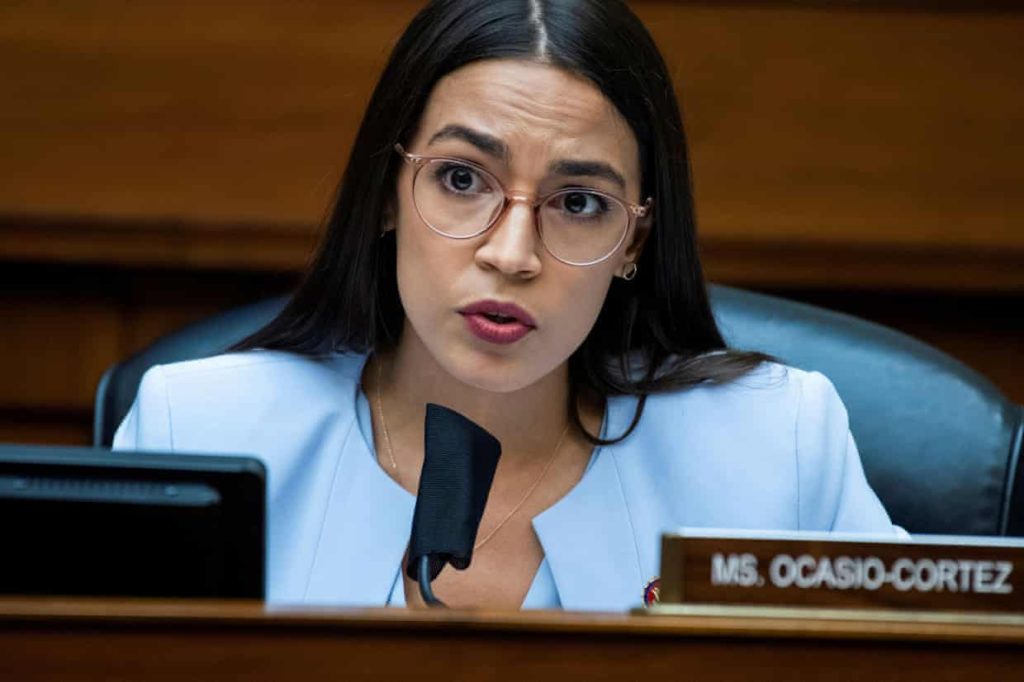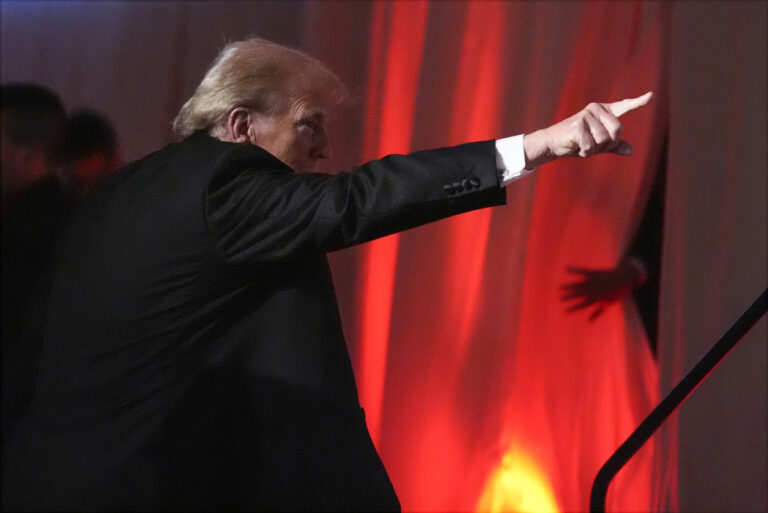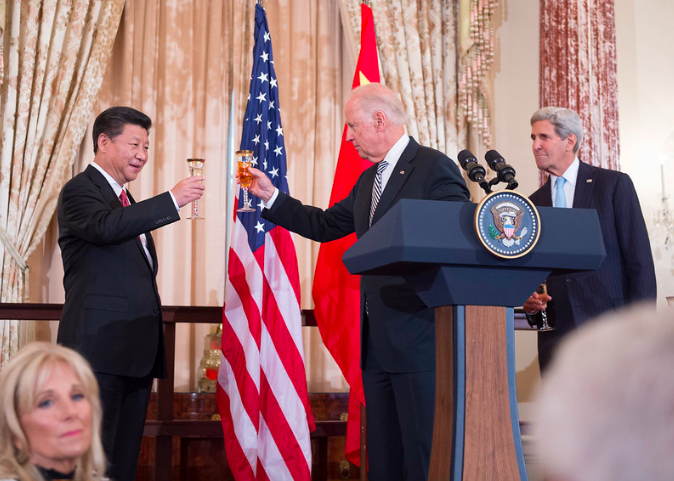
Congresswoman Alexandria Ocasio-Cortez recently said she wanted to quit politics. Frustrated by the accusations from her colleagues in the Democratic party—who have accused progressives for the party’s losses in the House—AOC slammed “old guard” democrats for “setting up their own obsolescence.”
Congressman Clyburn, the House majority whip from South Carolina, stated his concern that calls to “defund the police” might have been what scared moderate voters away and eroded some of the support the Democrats thought they had from polls that predicted a landslide presidential win and a possible Senate majority. A major player in the Democratic party, Clyburn marched alongside John Lewis and was a co-founder of the Student Nonviolent Coordinating Committee of the 1960s. He saw sloganeering then to be counterproductive to the Civil Rights Movement, and he opposes it now, too. His attacks on the progressive wing of the party reflect sentiments among many of his Democratic colleagues but come only as a response to AOC’s too-honest-for-comfort interview with the New York Times, airing the Democrats’ dirty laundry and exposing the rift among moderate and progressive democrats.
The conflict between Congresswoman Ocasio-Cortez and Congressman Clyburn also reflects a difference in political experience. While AOC’s harsh critiques of the Democratic party may be construed as a “fresh perspective,” Clyburn’s comes with the weight of decades working in politics. AOC believes progressive policies and a better online presence will lead the way for more Democratic victories, while others recognize the benefits of appealing to moderates.
The actual explanation must be more complex than the accusations that moderate and progressive Democrats cast against each other. The projections for the Democrats’ landslide wins were based on polling whose accuracy has been deemed dubious. Congressman Clyburn may have been partially correct in his assessment; AOC might have been partially correct in hers. The actual answer is left for political scientists to determine.
What became shockingly apparent in this discourse, however, is AOC’s idolized view of what politics is. She’s quitting? How can someone criticize career politicians for their inaction, when she herself is considering quitting because “it’s the stress. It’s the violence. It’s the lack of support from your own party.”
Congressman Clyburn was on the frontlines of the Civil Rights Movement in the ‘60s. Stress. Violence. Lack of support. These are all experiences I’m sure Congressman Clyburn can relate to, but he didn’t quit.
If Democrats aren’t listening to AOC’s advice, she needs to prove more forcefully how her tactics work. That’s what Stacey Abrams did.
If AOC wants to quit politics, that’s her prerogative, but she can’t make a noble exit. It’s quitting when it’s hard. She accused the Democratic party of crediting their wins to the “John Kasichs” instead of the intense efforts and turnout from Georgia, Philadelphia, and Detroit. Well, she has a bit of a point there and credit where credit’s due: Stacey Abrams has been in the news recently, too. Only, she hasn’t been in the news for giving up. Despite the recount, Stacey Abrams virtually succeeded in handing the Democrats Georgia in this election.
Fighting voter suppression that led to her own loss in 2018, she has—though she clarifies it was a team effort—registered over 800,000 first time voters with her organization: New Georgia Project. Despite favorable national attention, she’s also received backlash from her Democratic colleagues in the past. “Blunt ambition and open desire to be Mr. Biden’s running mate,” as well as occasional diversion from the political agenda of the “local Democratic establishment” has put her at odds with Georgian and national Democrats.
Instead of quitting or even slamming the national Democratic party, she’s worked to prove them wrong and show the country the force of Georgia’s growth and evolving political landscape. She has fought for what she says she wants to fight for. Does she have faults? Sure. And I don’t love all of her policy opinions, but I certainly don’t want to see her quit.
To that point, we don’t have to love the policy opinions of every Democrat in Washington. Kamala Harris is a moderate. She is Vice President-elect because swing voters preferred Biden to Trump, not because progressives suddenly had a magical turnout that turned the tide of our country. High voter turnout doesn’t tend to skew in either party’s favor.
Politics is about balancing what should be happening with trying to maintain power so you can eventually get your preferred legislation passed. Senator Elizabeth Warren, (a progressive, mind you), has worked tirelessly to demand accountability from our financial institutions. At the same time, she is also a career politician, she’s played party politics and been a part of actions we don’t love.
Congresswoman Ocasio-Cortez makes some solid points in her interview for the New York Times and critiques of the Democratic party, but she isn’t above criticism herself. Progressives need to be open-minded to the experienced reasoning from older Democrats (such as Congressman Clyburn) just as much as the Democratic party needs to open its doors to their newer progressive colleagues. AOC needs to consider how much Senator Elizabeth Warren has gotten done by working actively with her colleagues. She could also perhaps take inspiration from Abrams’ proactive attitude.
Going forward, preparing for 2022, AOC needs to make peace with her moderate counterparts. The McCain family helped Biden flip Arizona and Kasich no matter how much he didn’t help flip Ohio—flipped on the Affordable Care Act. AOC is right to demand more credit be due to her and her progressive colleagues (Ilhan Omar, Rashida Talib, Pramila Jayapal), but there is also an opportunity here to take advantage of shifting conservative trends. At the end of the day our President-elect and Vice President-elect are both moderates, the electoral college skews away from progressive votes, and the only way to strengthen the Democratic party is to strike a balance.


